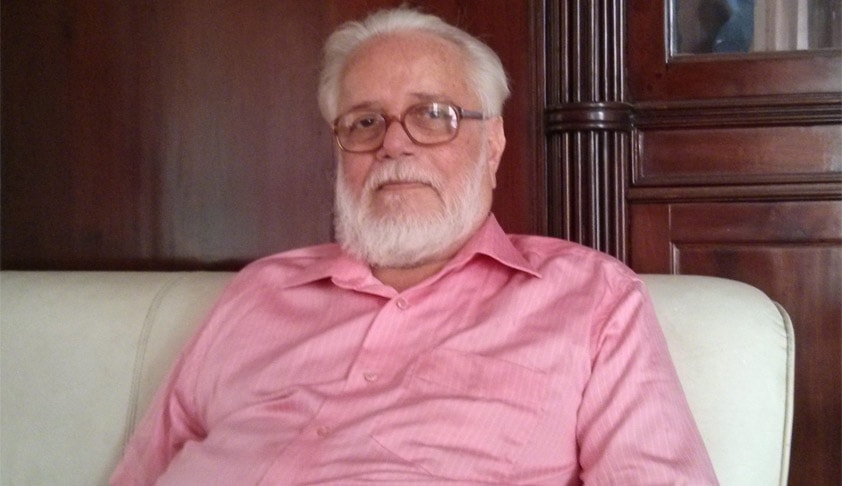Former ISRO Scientist Nambi Naryanan has been fighting for Justice for the last two decadesWith a view to put an end to former ISRO scientist S. Nambi Narayanan’s long journey for justice, the Supreme Court bench of Chief Justice Dipak Misra, Justice D. Y. Chandrachud and Justice A. M. Khanwilkar on Wednesday considered the tendering of compensation to the tune of Rs. 75 lakhs for...

